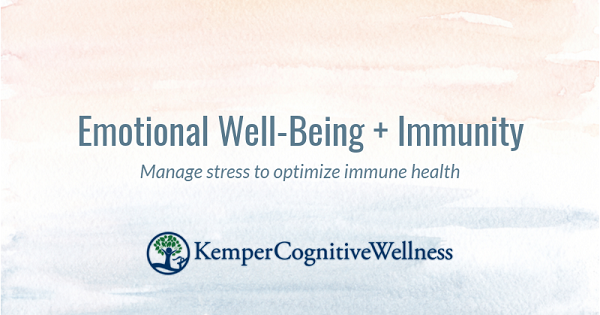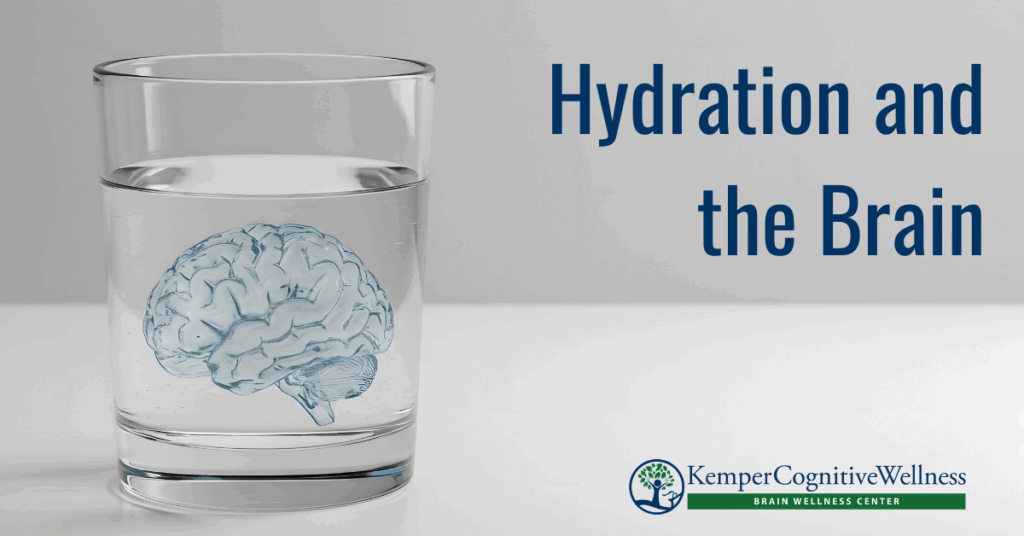By Jennifer Nance, M.Ed, ICBCH, AIHCP
The powerful link between our emotional outlook and our physical health is no secret. Your mind and your body are powerful allies. Good feelings have healing effects on our bodies. It’s that simple. When it comes to our health, there are essentially four things we have control over: what we eat, if we smoke, whether or not we exercise, and our level of optimism.
Though scientists aren’t certain of why biologically this happens, they do know that things like stress, sadness, anger, and worry causes our bodies to produce an increase in the stress hormones cortisol and adrenaline, which suppress our immune systems. This leaves us more vulnerable to illnesses, diseases, and a host of other health problems like anxiety, depression, irritable bowel, high blood pressure, heart disease, chronic pain, acid reflux, insomnia, migraines, chronic muscle tension, and even Alzheimer’s disease.
There is compelling evidence that shows that the emotional system (our sympathetic and parasympathetic nervous systems) and the immune systems share more than just a similarity of functions. We actually know now, that these two systems crosstalk to each other constantly. Our sympathetic nervous system controls our ‘fight, flight, or freeze response’ and our parasympathetic nervous system controls our ‘rest and digest’ system. These systems have opposite actions, where one activates a physiological response and the other inhibits it.
It’s important to recognize our thoughts and emotions and to be aware of the effect they have – not only to each other – but to our overall health. So, what can you do to boost your immune system? Manage your emotional well-being! How? Try the following fun and simple suggestions:
- Laughter is the best medicine. It’s fun to share a good laugh, but did you know it’s also good for your health? Laughter strengthens your immune system and boosts your mood by triggering the parasympathetic nervous system to release a hormone called serotonin (also known as the ‘feel good’ hormone). This hormone diminishes pain, decreases anxiety, and protects you from the damaging effects of stress. Nothing works faster to bring your mind and body back into balance than having a good laugh.
- Sing a song. Turn on the radio in your car, find a favorite song, and sing your heart out. Singing has been scientifically proven to lower stress, relive anxiety and depression, and elevate endorphins, which can make you feel uplifted and happy.
- Connect with Nature. Enjoy the sensory experience of nature and feel its healing effects. Being outside, or even looking at pictures of the outdoors, reduces anger, fear, and stress and increases the feel-good hormone serotonin and the pleasant feelings that accompany it.
- Deep Belly Breathing. Three to five deep ‘belly breaths’ increases oxygen to the brain and stimulates the parasympathetic nervous system, turns off the ‘fight or flight’ stress response and promotes a state of calmness almost immediately.
- Stretch! When we are stressed or anxious, our muscles tense up, thereby decreasing blood flow. The slow, calculated movement of raising your arms above your head and stretching is calming to the mind and relieves tension. It’s very simple and very effective.





